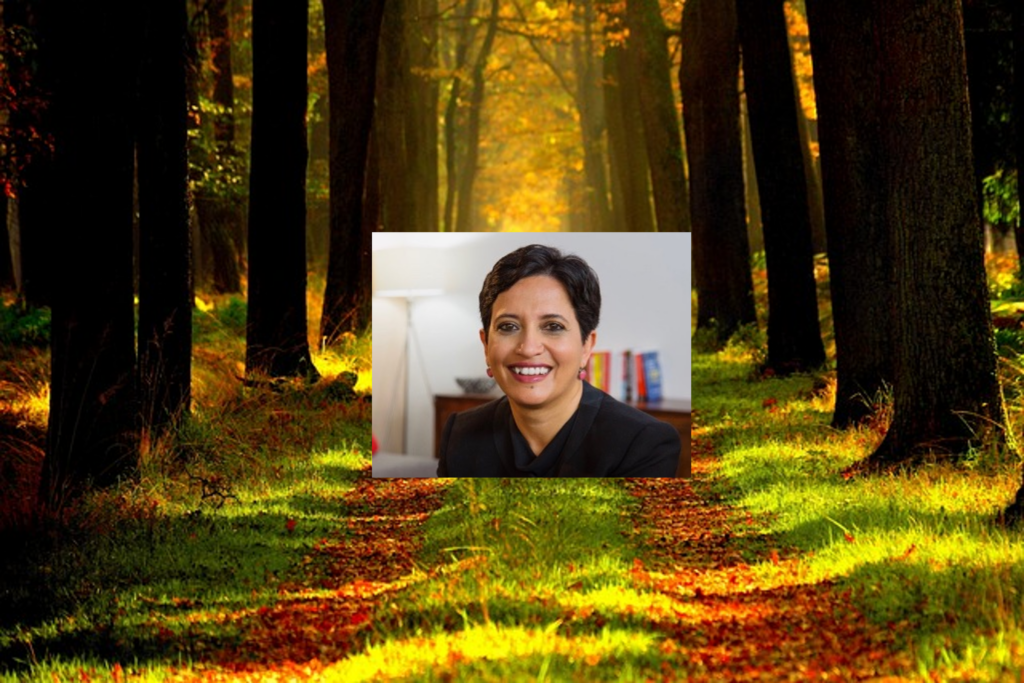Entrepreneur Journeys
The Startup Velocity Question: What Hinders Acceleration in VC Funded Companies?

I have been running 1Mby1M since 2010. I find myself saying to entrepreneurs ad nauseam that VCs want to invest in startups that can go from zero to $100 million in revenue in 5 to 7 years.
Startups that do not have what it takes to achieve velocity should not be venture funded.
Experienced VCs, over time, have developed heuristics to gauge what constitutes a high growth venture investment thesis.
>>>1Mby1M Udemy Courses with Sramana Mitra: Bootstrapping

Over the course of two years, we have released over 70 courses on Udemy with the aim to democratize entrepreneurship education at scale globally. This series of posts aims to help you find the one you need easily and provide you with discount coupons.
>>>Retrevo’s Vipin Jain on Vertical Search (2)
SM: How big is the market for what you have to offer? (TAM analysis is essentially what I am looking for here … )
VJ: $1B-$1.5B. Assume a conservative $25B online spending out of a total of $150B CE spending in the US. Assume 4%-5% of the total online spend in referral. TAM is much larger if you consider the bridge between online research (75% of consumers research their products online) and offline purchases (and how to build that bridge). >>>
Featured Videos
Can 1M/1M Help Me Raise Money?
How Does 1M/1M Democratize Entrepreneurship Education?
How Does 1M/1M Democratize Management Consulting?
When Is The Right Time To Join 1M/1M?
Can 1M/1M Help Me With Business Development?
Can 1M/1M Help Me With Market Sizing?
Can 1M/1M Help Me Validate My Product?
Will I Have Private 1-on-1 Sessions In 1M/1M?
How Does 1M/1M Help Entrepreneurs Connect With Silicon Valley?
Mentoring or Consulting?
Why Does 1M/1M Charge $1000 a Year?
Why Does 1M/1M Partner With Local Organizations?
Why Don\’t Mentoring Networks Work?
Why Is It Important To Study With 1M/1M Now?
Dan Stewart Story
Vikrant Mathur Story
Retrevo’s Vipin Jain on Vertical Search (1)
A Vertical Search engine called Retrevo has come up a few times in our coverage of the Gadget Geeks segment. Here, I interview the CEO, Vipin Jain.
SM: Please describe your business value proposition and your product.
VJ: Retrevo is a web service that helps consumers with shopping and support of tech products. Retrevo is your trusted advisor throughout the lifecycle ownership of tech products, from education, research, deals, price comparison, getting the best out of the products you bought, accessorizing, using, fixing issues to servicing your products. Retrevo is the only company that helps consumers “before and after”. >>>
Om Malik: Pioneering Blogs (Part 1)
Om Malik is a successful writer, reporter and has been entrepreneurial in many ways. He is also one of the pioneers of the blogging phenomena with GigaOm. Om has been a close friend of mine for many years, and was responsible for getting me into blogging. Today, he is one of first bloggers, along with Michael Arrington of Techcrunch and Rafat Ali of Paidcontent to have monetized blogs in a significant way. >>>
Story of an Entrepreneur-in-Residence, Raj Vaswani (Part 1)
Raj Vaswani is currently the Chief Technology Officer with Silver Spring Networks. Equally as important and interesting for my audience is that he also has completed an Entrepreneur-in-Residence program with Foundation Capital. While I did discuss his overall background, as well as his role in founding Silver Spring Networks, Raj also provided some good insights into the Entrepreneur-in-Residence programs, also know as EIR. >>>
Social Entrepreneur: Harish Hande (Part 1)
Dr. Harish Hande is the co-founder of Selco, a rural sustainable energy company which has over 80,000 installations and 25 retail sales and service centers all over Karnataka, a state in Southern India. Among its many accomplishments, Selco has created India’s first rural solar financing program using regional banks. I recently talked with Harish about the development of Selco and his journey as a remarkably committed social entrepreneur. >>>
Defying Google: Adify CEO, Russ Fradin (Part 1)
I have written about Adify recently in Adify Challenges AdSense. In this series, I have a long conversation with Russ Fradin, an online advertising industry veteran, and currently the CEO of Adify, an innovator in the Online Ad Network space. Presumably, they will help a lot of media companies and upstarts build vertical ad networks, and offer an alternative to the Google-Yahoo duopoly. Adify has just raised $20 Million. >>>
Leadership Profile: Tom Werner (Part 1)
Thomas H. Werner has served as the CEO and as a member of the board of directors of SunPower since 2003. SunPower Corporation (Nasdaq: SPWR) designs, manufactures and markets high-performance solar electric technology worldwide. SunPower’s high-efficiency solar cells and modules generate up to 50 percent more power per unit area than conventional solar technologies and have a uniquely attractive, all-black appearance. Tom has a varied background including VP and GM positions with 3Com. Currently he also serves as a board member of Exar Corp, Three-Five Systems, and Silicon Light Machines. I recently interviewed Tom about SunPower. >>>
Leadership Profile: Sass Somekh (Part 1)
Dr. Sass Somekh recently took the time to share with me insights gathered during his phenomenal career. After some initial work with Bell Labs and Intel, he spent 23 years with Applied Materials prior to becoming the President of Novellus. At Applied, he perfected a process of enabling innovation to coexist in a large company environment. And today, upon his retirement from Novellus, Sass is engaged in leading his social entrepreneurship cause: reducing US dependence on foreign oil. In this series, we explore the various chapters of his illustrious career. >>>
TheFind: LifeStyle Shopping (Part 1)
A few weeks back, Siva Kumar came by for a chat. Over a cup of tea, we brainstormed about the state of Shopping on the internet, and Siva shared with me the details of his new startup, TheFind. Over the next few segments, we will discuss the company in detail. Siva is a seasoned entrepreneur, so I encourage readers to watch how he explains his business, and learn from it. >>>
Expertise Location (Part 1)
I wrote a piece back in January called IBM’s Entry Into Social Networking, where I discussed the potential for applying web 2.0 techniques on the enterprise. Subsequently, I have written extensively about Enterprise 3.0 and the Extended Enterprise trends. A company from England had contacted me after reading the IBM piece. This company, Trampoline Systems, is the subject of our discussion today. It dovetails the recent eProject discussion, as yet another essential element of the online collaboration suite, one of my key interest areas for Enterprise 3.0. My conversation partner here is Charles Armstrong, CEO of Trampoline. >>>
